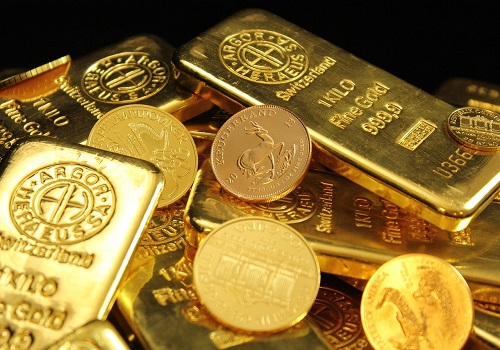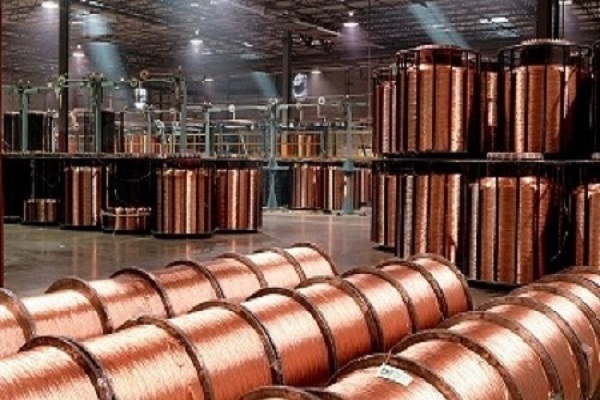Views on Natural Gas: Reasoned Reaction to Geopolitics By Norbert Rücker, Head Economics and Next Generation Research, Julius Baer

Below the Views on Natural Gas: Reasoned Reaction to Geopolitics By Norbert Rücker, Head Economics and Next Generation Research, Julius Baer
The energy market’s response to the outbreak of the Israel-Iran war has remained surprisingly unemotional and calm. Neither energy production nor trade has been disrupted to date. Lower pipeline imports force Egypt to ramp-up overseas buying of natural gas. However, soft imports from Asia more than compensate the additional demand. European natural gas prices gained somewhat over the past days, but the bounce should be short-lived, as for oil. Storage is filling up in a timely manner, export terminal start-ups in North America are about to slacken supplies. We stick to our Cautious view and see prices trending below EUR 30.
Energy markets have remained surprisingly unemotional and calm in response to the outbreak of the Israel-Iran war. This conflict had been among the key wild cards and key risk scenarios for both oil and natural gas markets. So far, the attacks on energy infrastructure primarily targeted domestic use, such as refineries or storage sites on both sides. Iran’s natural gas production has been allegedly hit, too, but the country has no relevance for global gas trade, unlike for oil. Iran’s gas output from the giant gas field shared with Qatar is primarily for domestic use. The Strait of Hormuz is an important choke point for natural gas exports towards Asia or Europe, but there are no noticeable disruptions to energy trade in the region for the time being. Meanwhile, Israel’s preemptive closure of some of its Mediterranean offshore gas production platforms curbs exports to Egypt. Egypt has become a key swing element on global gas markets with domestic supplies declining, demand growing, and the deficit plugged with rising overseas imports. The outlook for more Egyptian buying lends tailwinds to global liquefied natural gas prices and in consequence lifted European prices, too. However, the likely temporary loss of imports from Israel is unlikely to shift the global natural gas balance. Soft imports from China and India on the back of rising renewables, lackluster economic conditions or an early arrival of heat-cooling monsoon rains more than counteract Egypt’s buying. On top, there are other swing buyers such as Argentina or Brazil, but with Argentina’s shale boom and rising renewables South Americas overseas gas imports have lessened. Amidst these considerations, we see Europe’s gas price bounce as temporary, and we maintain our Cautious view. Prices seem to embed a minor risk premium, which should disappear again in the near term. Europe’s gas storage is filling up in a timely manner. Europe’s gas and coal burn in power plants has dropped to record lows. Further export terminal start-ups in North America will likely boost global natural gas supplies this year.
Above views are of the author and not of the website kindly read disclaimer







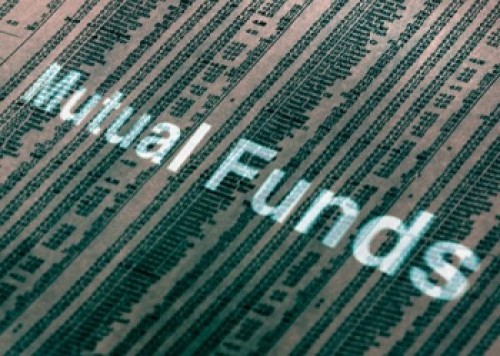
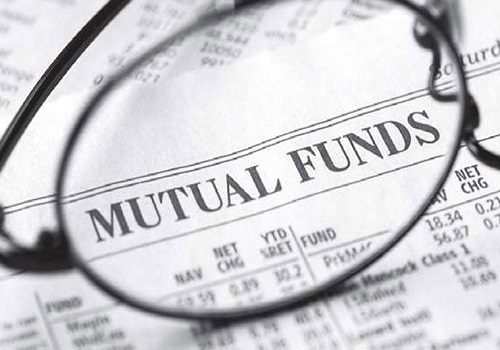
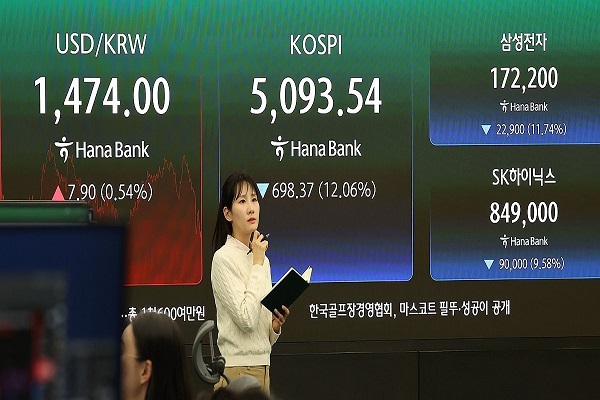
More News

Silver Deficit to Narrow in 2025 by Amit Gupta, Kedia Advisory


